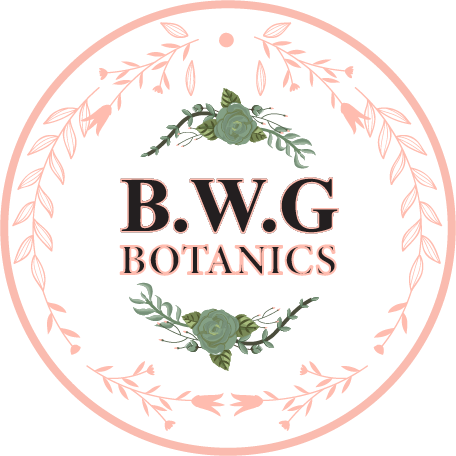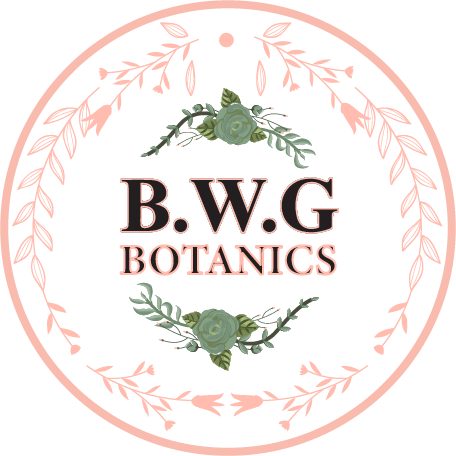What is an Organic Oil?
For an oil to be Certified Organic, the oil must be certified by a third party, and must be free of conventional pesticides and other byproducts. This implies that the farmers who grew the plants for the oil didn’t use pesticides or artificial agents.
What is the difference between natural oil and organic oil?
Natural is generally defined in a dictionary as “existing in or caused by nature” and/or “not made or caused by humankind”. Organic is described as “of or relating to or derived from living matter.” However, according to the US department of Agriculture (USDA), the term organic in fact means that “organic operations must demonstrate that they are protecting natural resources, conserving biodiversity, and using only approved substances.” With regards to “natural products”, this is an umbrella term and has everything to do with almost anything created by nature. The big difference is that unlike organic, there are no legal stipulations when using this term.
So why should I rather use Certified Organic oils?
The major benefit of using Certified Organics oils is that organic is eco-conscious. Organic farming practices helps to restore soil vitality and prevents harmful chemicals from entering our water supplies. The use of conventional pesticides can lead to decreasing wildlife diversity and populations, too. Perhaps most importantly, research suggests that organic farming releases less greenhouse gases and is more energy-efficient than conventional farming. This all just means that Certified Organic oils are better, not only for our health but for the earth as well.
So how will I know whether an essential oil is Organic or not?
The presence (or absence) of an organic certification is the only reliable way of ascertaining whether it is truly organic or not. Suppliers may not use an organic seal on their products from a reputed certifying body or authority without complying with its restrictions and regulations. Essential oil companies must go through the organic certification process of being inspected and audited almost every step of the way. From the supplier's planting and agricultural practices to the manufacturing operations of the end product, everything is scrutinised. Once completed, the Certified Organic seal represents that the essential oil has been authenticated and validated to be truly organic.
The benefits of using Essential Oils
A process called distillation turns the “essence” of a plant into a liquified form for many medicinal and recreational uses. There are a wide variety of essential oils available, and whilst some are valued for their pleasing aroma, others seem to have powerful healing properties.
Things like stress reduction, fighting fungal Infections, a sleeping aid or to assist in preventing diseases, there are many fantastic benefits of using Essential oils.
And like most products, you’ll need to establish which of these will work best for you, and what you are hoping to achieve by using it. At the end of the day, choose Certified Organic, because your health, ultimately depends on it.





